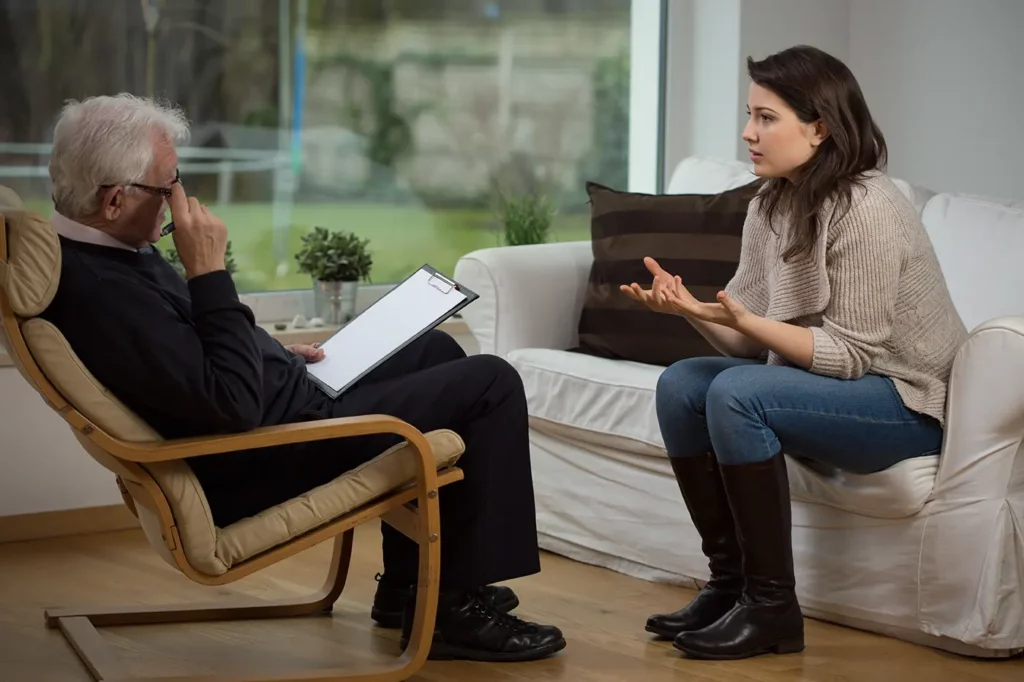24/7 Helpline:
(866) 899-221924/7 Helpline:
(866) 899-2219
Learn more about Aftercare Support centers in Crofton
Aftercare Support in Other Cities

Other Insurance Options

UnitedHealth Group

Sutter

Providence

EmblemHealth

Aetna

UMR

Health Choice

Absolute Total Care

Health Partners

Molina Healthcare

Premera

Holman Group

Highmark

United Health Care

Group Health Incorporated

CareFirst

Optum

Humana

Magellan Health

Kaiser Permanente

A New Way Clinic
A New Way Clinic is a State Certified Program offering a variety of services for those suffering wit...
















